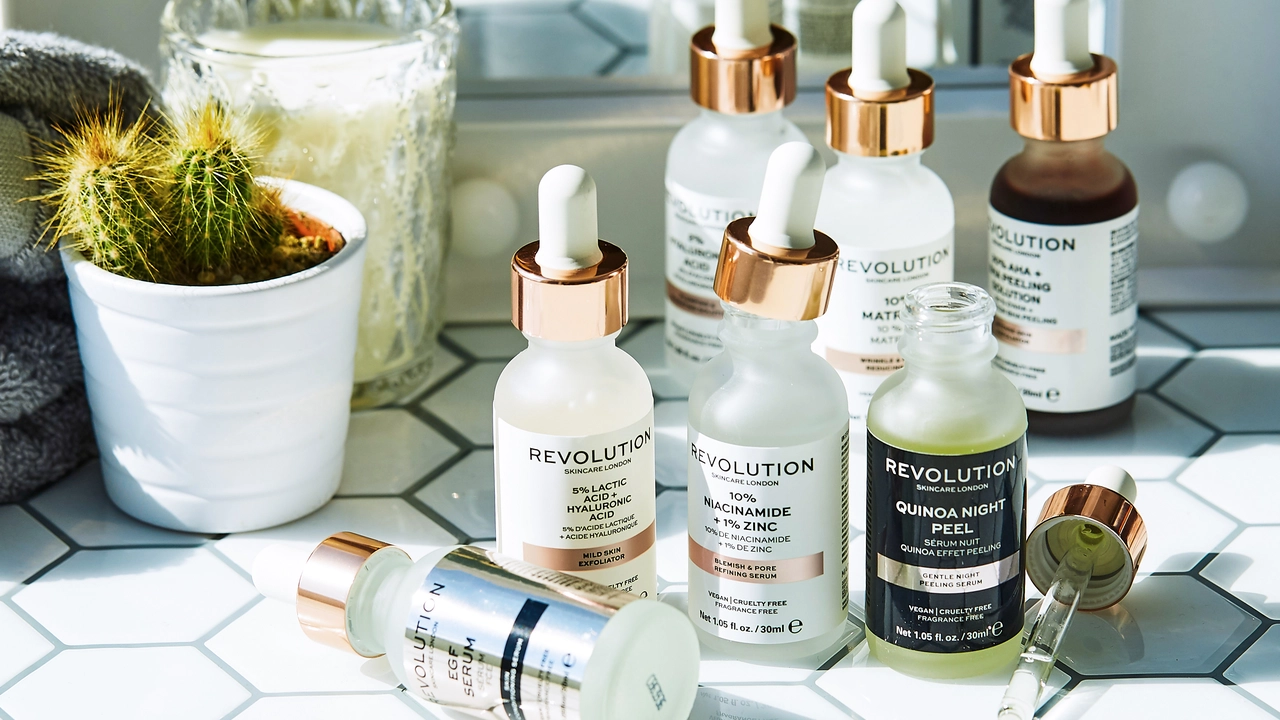What's the best skin care products?
 Jul, 23 2023
Jul, 23 2023
Understanding Your Skin Type
Before we delve into the best skin care products, it's crucial to understand your skin type. The type of skin you have – be it oily, dry, combination, sensitive, or normal – significantly influences the kind of products you should use. For instance, if you have oily skin, oil-free and non-comedogenic products can help control excess oil and prevent breakouts. On the other hand, dry skin requires products that are rich in moisturizing agents. So, before purchasing any skin care product, take time to understand your skin type.
There are several ways to determine your skin type. You can consult a dermatologist or conduct a simple test at home. All you need to do is wash your face with a mild cleanser, pat it dry, and wait for about 20 minutes. If your skin appears shiny and feels slippery, you probably have oily skin. If your skin feels tight and appears flaky, you likely have dry skin. If some parts of your face are dry and others oily, you have combination skin. Understanding your skin type is the first step towards choosing the right skin care products.
Selecting the Right Cleanser
Regardless of your skin type, the first step in any skin care routine should be cleansing. A good cleanser removes dirt, oil, and makeup without stripping the skin of its natural oils. For dry skin, a hydrating cleanser that's free from alcohol and other drying agents is ideal. If you have oily skin, a gel-based or foaming cleanser can help control oil without over-drying your skin.
For those with sensitive skin, the best cleansers are those free from fragrances, alcohol, and other potential irritants. Combination skin can be tricky, but generally, a gentle, non-foaming cleanser works best. Remember, the goal is to cleanse your skin without disrupting its natural balance.
Choosing the Perfect Moisturizer
Moisturizing is a critical step in any skincare routine. It helps hydrate the skin, prevent dryness, and maintain its youthfulness. For dry skin, a cream-based moisturizer containing ingredients like hyaluronic acid and ceramides can provide intense hydration. If you have oily skin, opt for a lightweight, oil-free moisturizer that won't clog your pores.
Those with sensitive skin should look for hypoallergenic moisturizers free from fragrances and dyes. For combination skin, a lightweight moisturizer that's free from oil can help balance your skin. Regardless of your skin type, ensure that your moisturizer has sun protection factor (SPF) to protect your skin from harmful UV rays.
Exfoliation: A Must-Have Step
Exfoliation is the process of removing dead skin cells from the surface of your skin. This helps to reveal a brighter, smoother complexion. However, the type of exfoliator you choose should depend on your skin type. For oily and combination skin, a physical exfoliator such as a scrub can help unclog pores and control oil. If you have dry or sensitive skin, a chemical exfoliator with ingredients like lactic acid or glycolic acid can be gentler and more effective.
It's important to note that over-exfoliation can damage your skin. Therefore, limit this step to once or twice a week. Also, always follow up with a moisturizer to replenish lost moisture and prevent dryness.
The Role of Serums in Your Skin Care Routine
Serums are lightweight, fast-absorbing liquids packed with high concentrations of active ingredients. They target specific skin concerns such as wrinkles, dark spots, and dehydration. The best serum for you depends on your skin concerns. For instance, a vitamin C serum can brighten your complexion and fade dark spots, while a hyaluronic acid serum can provide intense hydration.
Remember, less is more when it comes to serums. A few drops are enough to cover your entire face. Also, because of their lightweight nature, serums should be applied before thicker products like moisturizers.
Skin Care Masks: The Extra Step for Extra Care
Masks are an optional but beneficial step in any skin care routine. They deliver a potent dose of active ingredients to your skin, providing instant results. For instance, a clay mask can absorb excess oil and detoxify oily skin, while a hydrating mask can provide intense moisture to dry skin.
When choosing a mask, consider your skin concerns. If you want to brighten your skin, look for a mask with vitamin C or other brightening agents. If you're dealing with breakouts, a mask with salicylic acid or tea tree oil can help. Remember, masks are not meant to replace your daily skin care routine, but to enhance it.